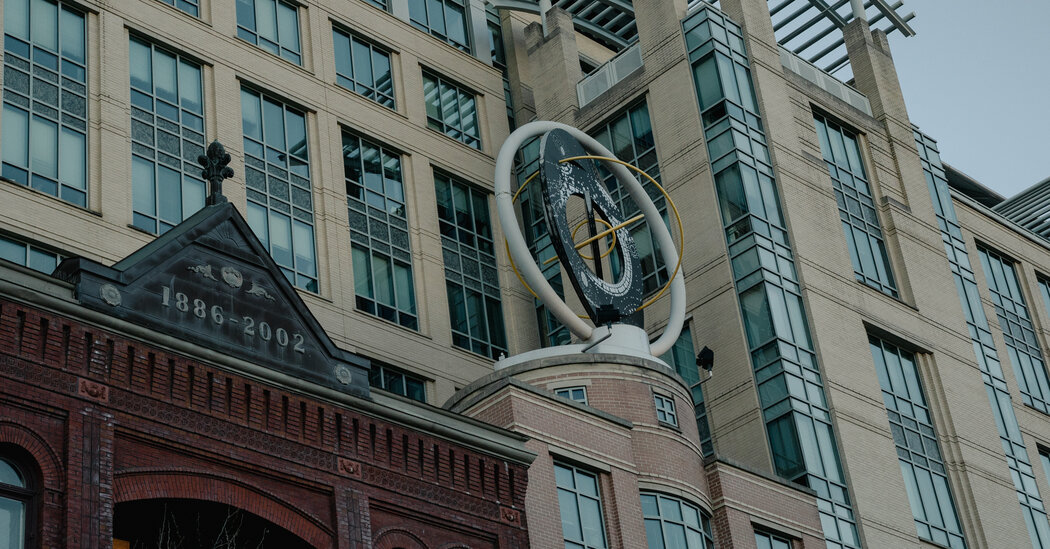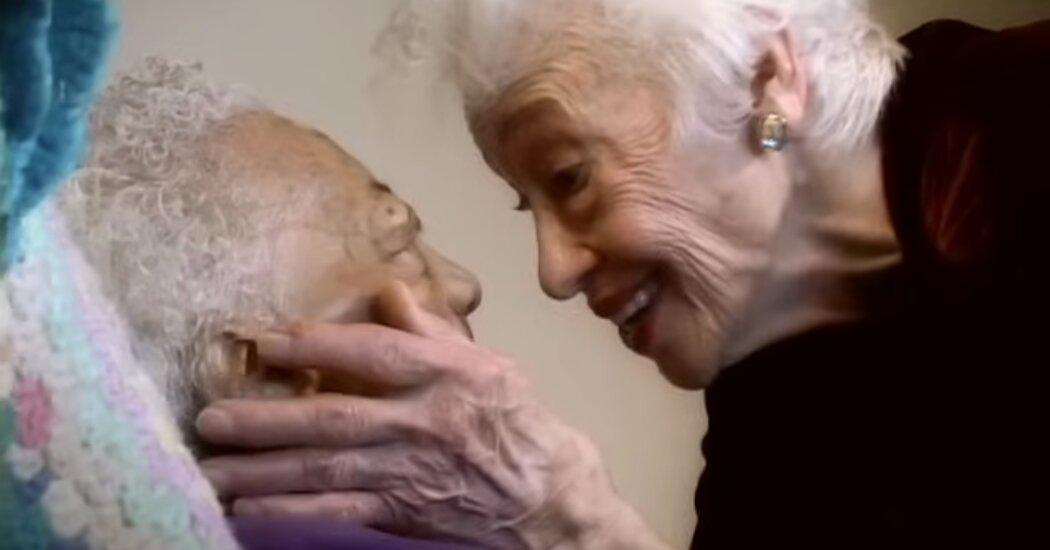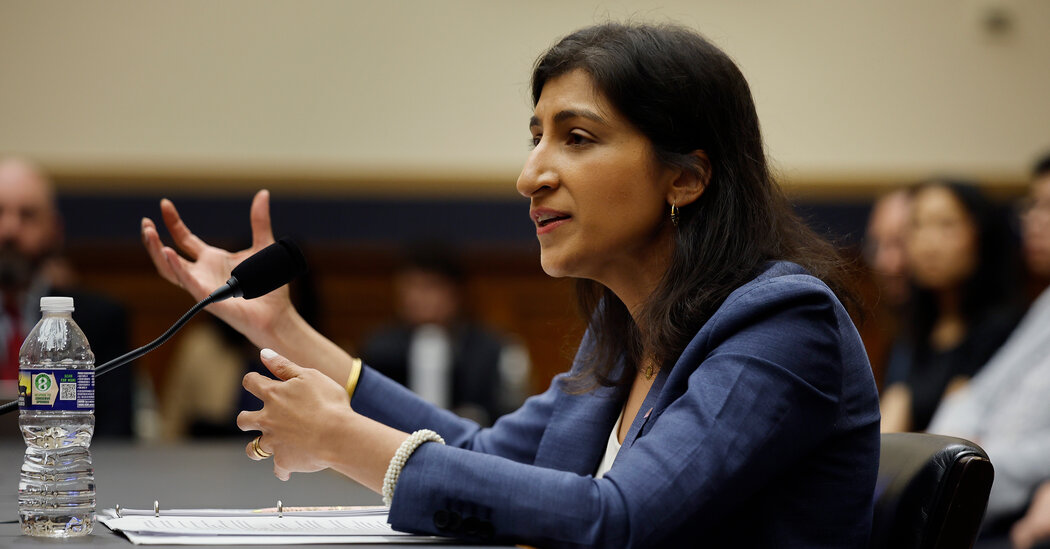The National Academy of Sciences is asking a court to allow it to repurpose about $30 million in donations from the wealthy Sackler family, who controlled the company at the center of the opioid epidemic, and to remove the family name from the endowment funds.
The petition filed by the Academy in Superior Court in Washington, D.C., Thursday aims to modify the terms of the donations so the institution can use them for scientific studies, projects and educational activities.
The move follows a report in The New York Times last year that examined donations from several Sackler members, including an executive of Purdue Pharma, which produced the painkiller OxyContin that has long been blamed for fueling the opioid crisis that has claimed thousands of lives.
“The notoriety of the Sackler name has made it impossible for the Academy to carry out the purposes for which it originally accepted the funds,” Marcia McNutt, president of the National Academy of Sciences, said in a statement released on Thursday.
Daniel S. Connolly, a spokesman for the Raymond Sackler family, said it supported the National Academies in “using the funds as they see fit” and would have supported the change.
“We would have said yes if we’d been asked, just as we will still say yes despite this unnecessary court filing and false assertions about us,” Mr. Connolly said in a statement.
Those gifts, valued initially at $19 million, flowed into the institution, which acts as a federal advisory body and convenes panels to offer guidance on opioid policies to authorities like Congress and federal agencies. The National Academies of Sciences, Engineering and Medicine derives 70 percent of its funding from Congress and was founded by Abraham Lincoln to be an objective adviser to federal officials.
The groups weighing in on pain policy included some experts who were criticized over undisclosed conflicts of interests that included ties to Purdue Pharma. In one case, a panel produced findings that suggested that chronic pain was vastly undertreated, a claim used to justify calls for more opioid prescriptions and drug approvals.
Many prominent institutions and universities had publicly moved away from the Sackler largess years ago. Some organizations, including Tufts University and the World Health Organization, undertook reviews to examine the family’s influence on curriculum or guidelines. It is a step the Academies could consider taking, said Dr. Caleb Alexander, an epidemiologist at Johns Hopkins University who has studied opioid overuse.
“Equally important is for the National Academies to figure out how and why the Sacklers — and others with financial ties to opioid manufacturers — were able to exert such influence in the first place, and to institute mechanisms to ensure that this never happens again,” he said in an email. Dr. Alexander has been a paid plaintiff’s expert in opioid litigation.
The Sackler family members gave the endowment funds to support scientific conferences, prizes and studies that would bear the family name.
The donations started in 2000, when Dame Jillian Sackler, whose husband, Arthur, died years before OxyContin arrived on the market, began giving amounts that, by 2017, reached $5 million, Academies treasurer reports show.
Members of the Sackler family who were involved in running Purdue Pharma donated the balance of the $19 million in donations beginning in 2008, when Dr. Raymond Sackler, his wife, Beverly and the couple’s foundation began contributing, according to the treasurer reports. Dr. and Ms. Sackler died in 2017 and 2019. A family spokesman said the donations were clearly described publicly as having nothing to do with pain or Purdue Pharma.
After news media outlets and prosecutors began to shed light on members of the Sackler family’s roles in stoking opioid sales, the funds sat in National Academies coffers and gained value as investments.
The Times’s article prompted a stir last year among National Academies members — elite scientists, engineers and doctors elected by their peers. In a letter, a group of 75 members, including eight Nobel Prize winners, called on the organization to explain why it failed for years to return or repurpose the money.
“The long history of N.A.S. co-optation by the Sacklers has stained its reputation for years to come,” Robert Hauser, one of the authors of the letter, said in an email Friday. “My hope is that the N.A.S. will be able to remove the Sackler name from their contributions and repurpose them appropriately.”
Dr. McNutt, the president, said in the statement on Thursday that the money would be used to tackle misinformation or to propose solutions to the unintended consequences of innovations in science.
“We intend for the new fund to be used to bring our expertise and evidence-based approach to bear on many challenges facing society, including the opioid epidemic, which has taken such a terrible toll on individuals, families and our communities,” Dr. McNutt said.
The Supreme Court has yet to rule on the controversial bankruptcy settlement for Purdue Pharma that would funnel billions of dollars into addressing the opioid epidemic in exchange for shielding members of the Sackler family from related civil lawsuits.
Supervised by an independent monitor, Purdue no longer markets the opioids it produces, and the company would be dissolved if the bankruptcy plan is upheld. The Sacklers have not been on Purdue’s board since 2018.







